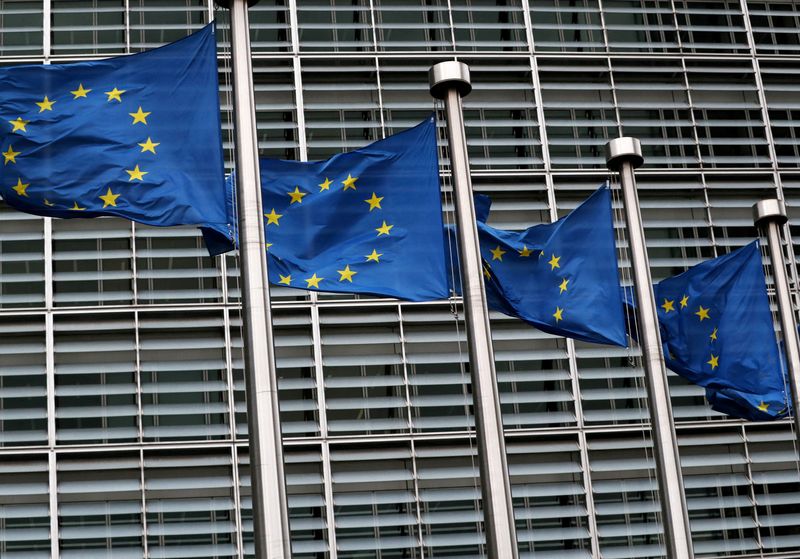BRUSSELS (Reuters) – The European Union’s fiscal response to the economic effects of the Russian invasion of Ukraine must be more targeted and selective than the blanket support offered during the COVID-19 pandemic, European Economic Commissioner Paolo Gentiloni said.
The war in Ukraine has reduced euro zone growth forecasts to 2.7% this year from 4.0% predicted in February, as the Russian invasion hit confidence and supply chains and sharply boosted energy prices that triggered a surge in consumer inflation.
“Now we have a new crisis, and the new crisis is similar to the previous one because it is again an external shock, with uneven consequences among countries — depending on the (number of accepted) refugees, oil dependency on Russia etc,” Gentiloni told a panel at the Brussels Economic Forum.
“But it is not the same crisis and it cannot justify the same level of supportive fiscal policies. So it is necessary now to have more targeted, more selective actions in supporting our economy,” he said.
He said this would be the recommendation that the Commission would make next week to EU governments, when it presents a proposal on the EU’s fiscal stance in 2023 — whether or not to keep EU limits on government borrowing suspended next year.
“I think we cannot adopt this universally supportive fiscal policy. More selection, more targeting. This is what we will suggest in our spring package,” he said.
(Reporting by Jan Strupczewski, Editing by William Maclean)
